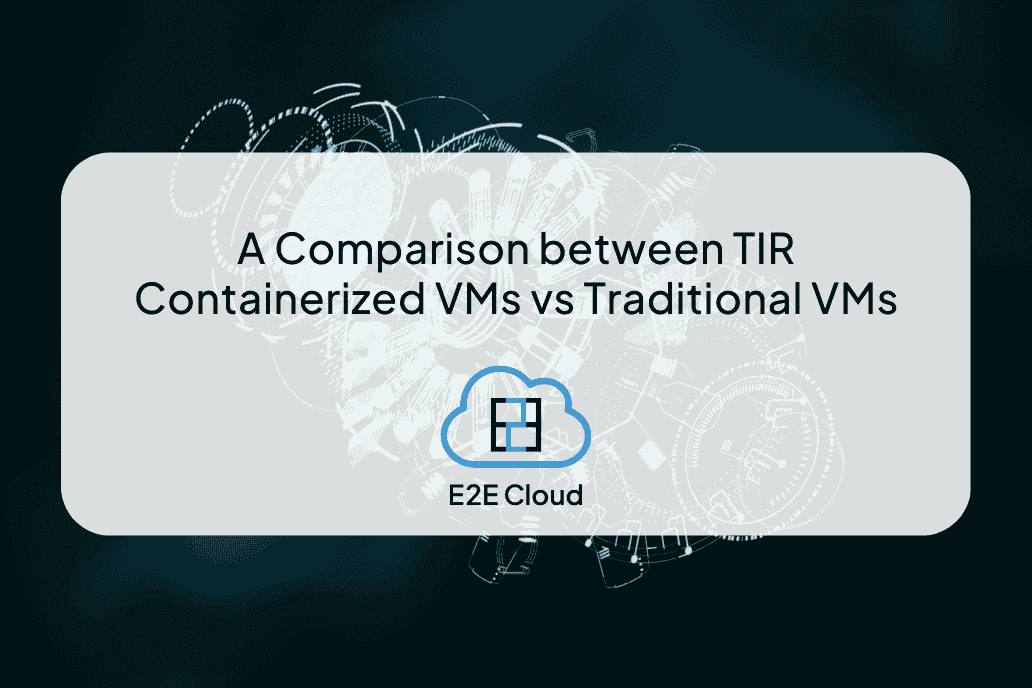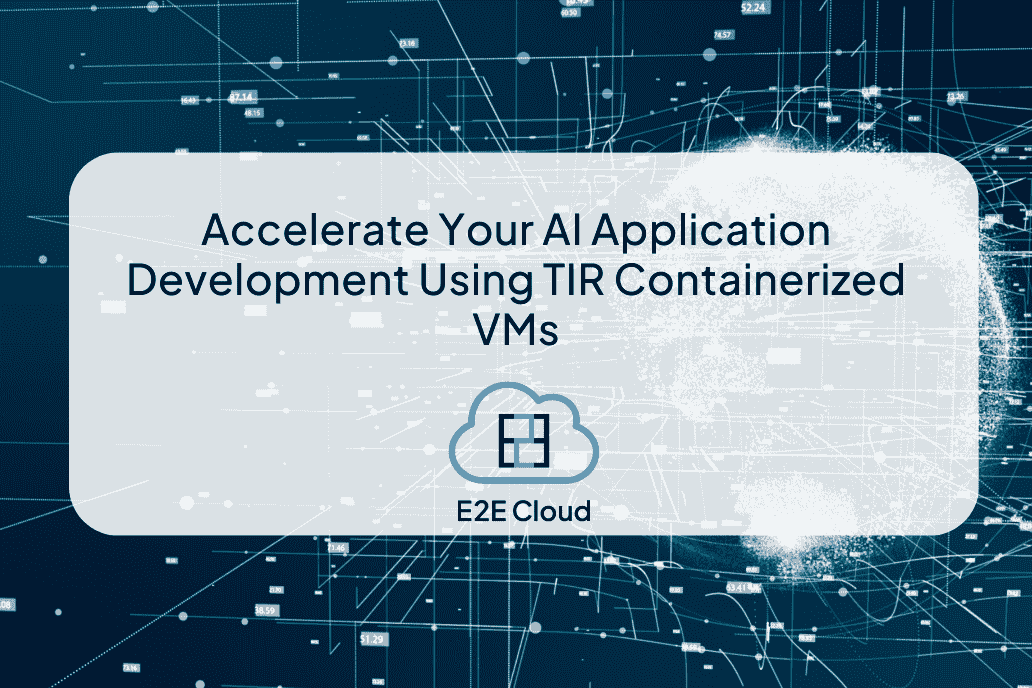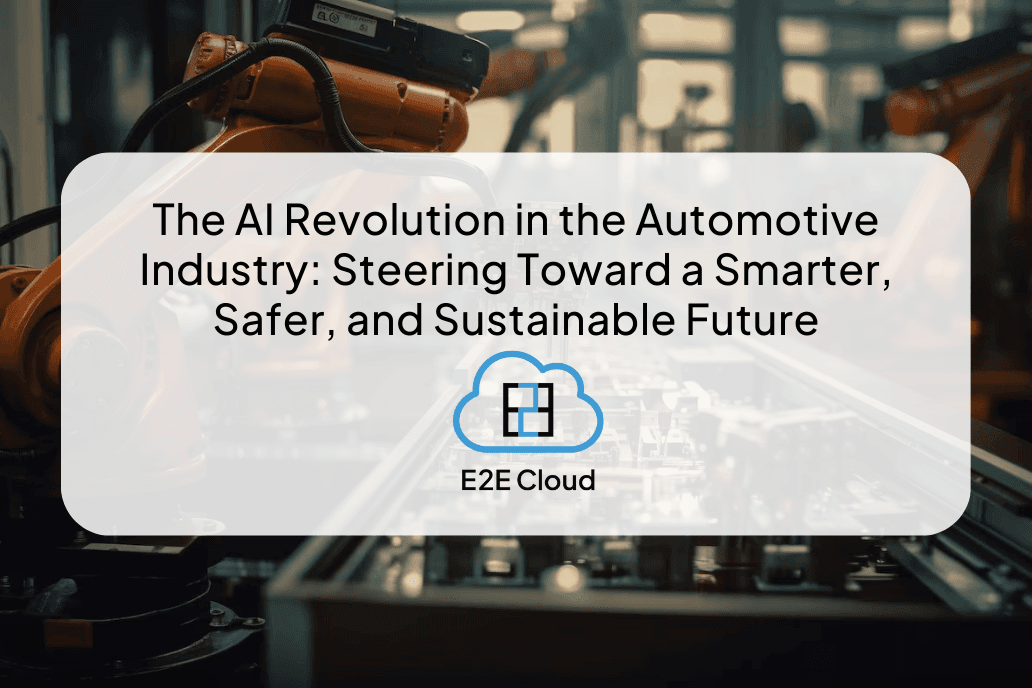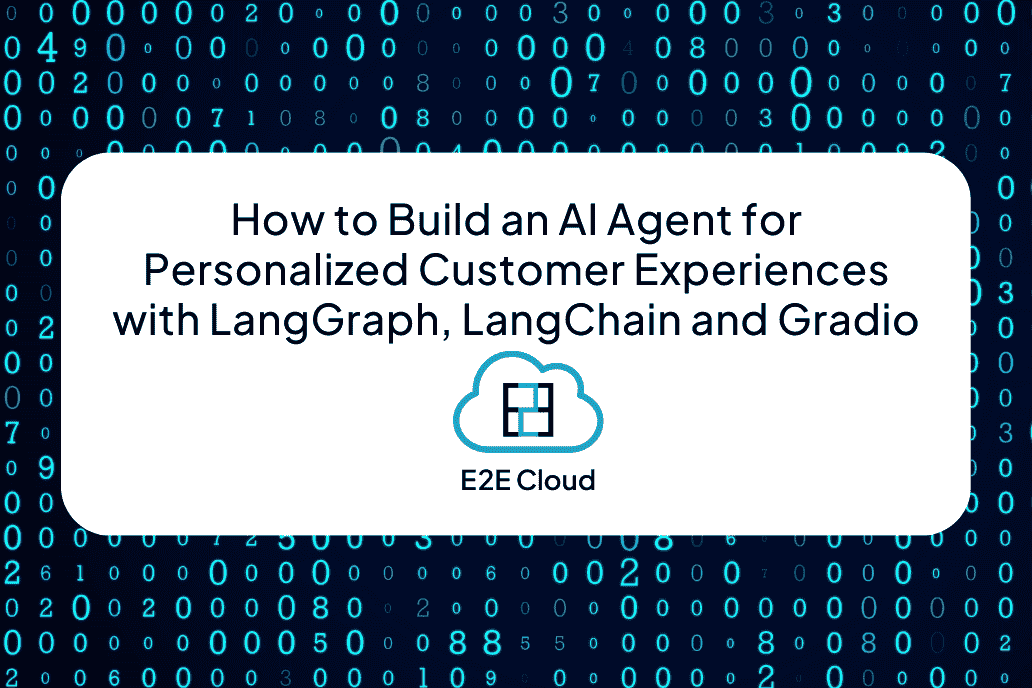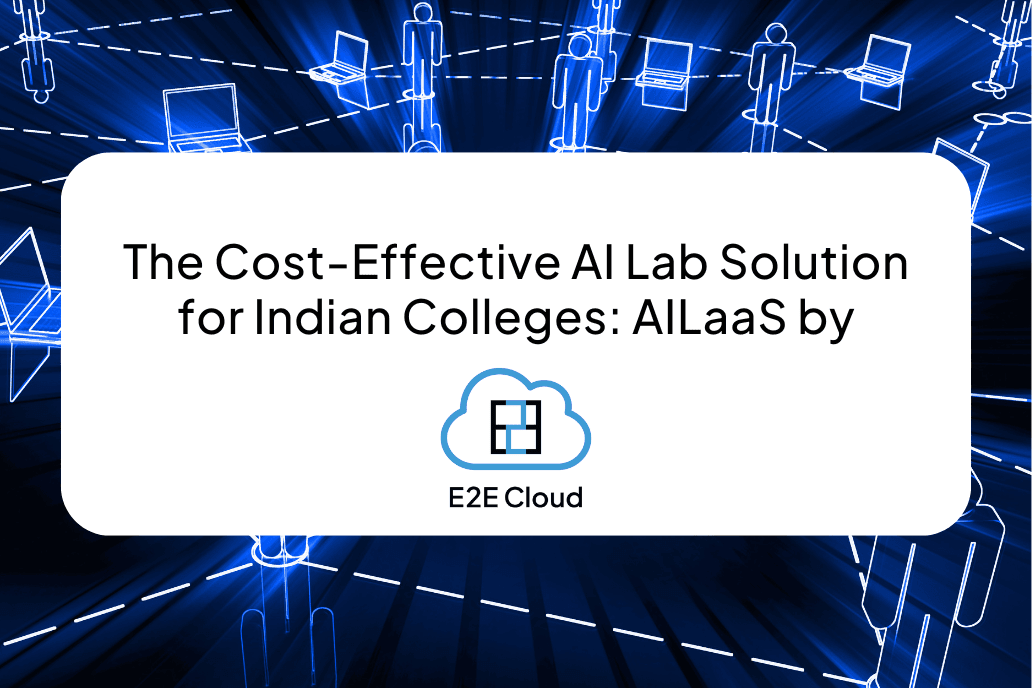Introduction
A Deloitte study reveals Industry 4.0 strategies drive overall business success. Only 10% of leaders have comprehensive strategies for integrating new technologies. Our CEO, Tarun Dua, writes on the subject in ‘Industry Outlook’: https://www.theindustryoutlook.com/services-and-consulting/industry-experts/gccs-and-industry-40-a-synergistic-approach-to-manufacturing-advancements-nwid-7548.html
In this blog, we summarize the principal points of the article in bulleted format, for ease of understanding.
AI's Impact on Manufacturing
- AI enhances automation, decision-making, and production optimization in Industry 4.0.
- Common AI models include machine learning, deep learning, computer vision, natural language processing, and robotics.
- Generative Design in AI aids product designers, revolutionizing product creation.
- AI streamlines operations, detects defects, reduces wastage, and improves the supply chain.
Global Adoption of AI in Manufacturing
‘AI has also shown potential in streamlining factory operations, helping with finding defects, reducing wastage, or improving supply-chain,’ says Tarun Dua.
- European manufacturers lead in AI implementation (51%), followed by Japan (30%) and the US (28%).
- Key figures like Andrew Ng are actively promoting AI integration in manufacturing.
Global Capability Centers (GCCs) and Industry 4.0 in India
- India hosts 1,580 GCCs, projected to exceed 1,900 by 2025 and 2,400 by 2030.
- GCCs in India, driven by engineering and R&D, contribute 56% of total revenue.
- These innovation hubs play a crucial role in AI-driven advancements in the manufacturing sector.
- Access to a skilled IT workforce positions Indian GCCs as pivotal players in driving innovation.
‘Their innovation-centric approach has positioned GCCs in India as key players in pushing innovation and digital transformation within the manufacturing sector. They are the ones increasingly looking to capitalize on the growing opportunities of AI in manufacturing,’ says Tarun Dua.
AI Landscape in India
- India contributes 16% of global AI talent, emerging as a key player in the AI arena.
- India-based Cloud Service Providers (CSPs) and Hyperscalers establish robust Cloud GPU infrastructure.
- This infrastructure, along with a skilled AI-ready workforce, fuels innovation in AI and ML technologies.
‘The technological workforce in the country leapfrogged to an era dominated by the internet and cloud technologies, building solutions by integrating legacy systems with cloud and SaaS components. With a skilled AI-ready workforce, GCCs have the capability now to unlock phenomenal new opportunities in the manufacturing sector,’ says Tarun Dua.
Looking Ahead in India's Manufacturing Sector
‘GCCs will push the research and innovation in AI technologies, deploying solutions at scale, and leveraging the talent pool that they have access to. Advanced GPU Cluster supply will be offered by India’s highly capable GPU Cloud Infrastructure companies. These solutions will be deployed by manufacturing companies at scale, to thrive in an increasingly AI-centric world,’ notes Tarun Dua.
- Deep Learning AI and Machine Learning are expected to grow in the coming decade.
- GCCs will lead research and innovation in AI, deploying solutions at scale.
- The government's active interest in AI, as reflected in the Union Budget, shapes the future landscape.
- The establishment of AI-focused 'Centres of Excellence' in educational institutions emphasizes India's commitment to AI advancement.
- Revenue from AI in India reached USD 12 billion in 2022, with anticipated growth in the coming decade.
Conclusion
The collaboration between GCCs, government policies, and Hyperscalers is pivotal for the next phase of manufacturing evolution, Industry 4.0.
